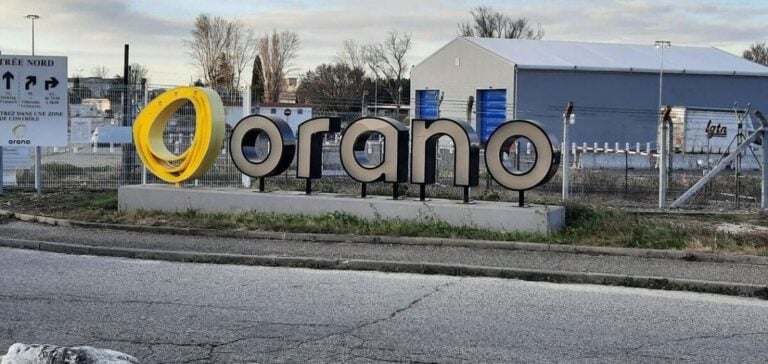A major investment agreement between Mongolia and Orano (formerly Areva), worth a total of $1.6 billion, marks a significant step forward for the development of the Zuuvch-Ovoo uranium mine project. This long-awaited initiative is currently under review by the Mongolian parliament, Orano stated in a press release on Saturday.
Signed during the Mongolian president’s official visit to France in October 2023, this memorandum of understanding sets the groundwork for a strategic development of Mongolia’s natural resources. The French nuclear fuel specialist emphasized that this investment will include an initial injection of $500 million, with production expected to begin by 2027.
A Strategically Important Deposit
The Zuuvch-Ovoo deposit, discovered by Orano geologists in southwestern Mongolia, is considered a major asset. With a potential of 87,000 tons, it would propel Mongolia to 10th place globally in terms of uranium resources. The development is spearheaded by Badrakh Energy, a joint venture between Orano and MonAtom, Mongolia’s state-owned company.
Exploiting this mine could further diversify Mongolia’s economy, which has traditionally relied on agriculture and the mining of copper, coal, and iron ore. This agreement highlights Mongolia’s strategic role in the global nuclear energy market.
A Project Framed by Reforms
Orano Mining, which has been present in Mongolia for 25 years, recently faced legal challenges. In December 2024, Areva accepted a €4.8 million fine for allegations of bribery involving foreign public officials between 2013 and 2017. Concurrently, Orano committed to a compliance program under the supervision of the French Anti-Corruption Agency.
These reforms are part of efforts to ensure transparency and the long-term sustainability of the group’s activities, while strengthening its cooperation with local authorities.
A Sensitive Geopolitical and Economic Context
Mongolia, landlocked between two geopolitical giants, China and Russia, aims to leverage its mineral resources to boost economic growth. However, the country must navigate environmental challenges and economic sovereignty considerations.
For Orano, this collaboration with Mongolia adds to its international projects. In 2022, the group produced 7,500 tons of uranium from its sites in Canada, Kazakhstan, and Niger. However, the political crisis in Niger, where its subsidiary Somaïr ceased operations, underscores the need for the group to diversify its supply sources.






















